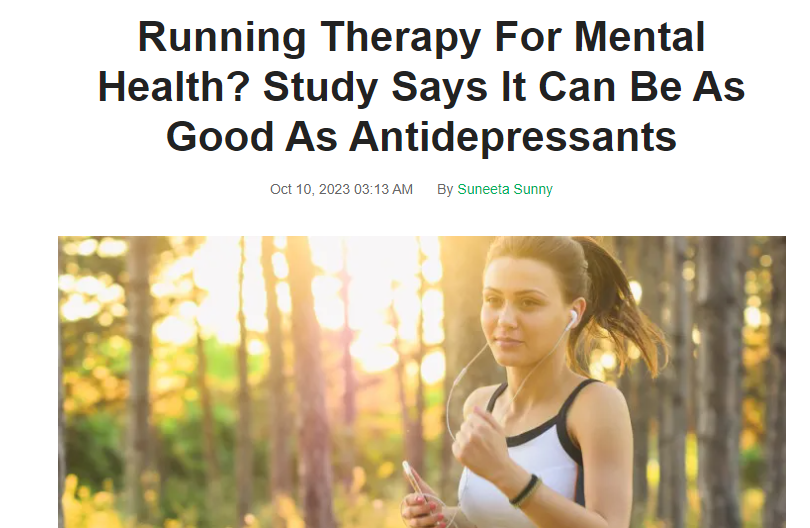People have claimed that ivermectin is 100% effective as a prophylactic for COVID-19 based on an observational trial of the drug
I'm extremely concerned about this trial. It definitely should not be used as evidence for anything 1/n
I'm extremely concerned about this trial. It definitely should not be used as evidence for anything 1/n

2/n The paper is here, and it's actually two studies - a pilot and a larger interventional trial where the authors gave ivermectin+carrageenan to one group of healthcare workers, and compared to a "matched" control media.marinomed.com/8b/7a/c7/nota-… 

3/n The authors report that 0% of the people treated with ivermectin+carrageenan got COVID-19, while in the pilot 11% and in the full trial more than 50% of the control group got sick
4/n Now, I cannot stress enough how big of a finding that would be if true. Yes, it's observational, but it's also a disparity that's heretofore unknown in medical science. You just don't see 100% benefit for ~anything~
5/n But even at the most casual of glances, this study has endless issues. First problem - it was received, accepted, and published in 7 days. That's, uh, not usual in academia, even during the pandemic 

6/n The journal itself looks...less than reputable - there's only 1 "issue", 7 papers total, and one paper published online in August 2020 is still "in press"
Also, just look at the "about us" page!
Also, just look at the "about us" page!

7/n The parent company, Medical Press Open Access, wants to associate "with scientific researchers to excel their discoveries that make the difference". If you're interested, you can contact their editororial board
OA fees - $1950 USD, no refunds

OA fees - $1950 USD, no refunds


8/n So none of that's great. What about this paper?
Even without ANY DIGGING WHATSOEVER it looks incredibly low-quality
Even without ANY DIGGING WHATSOEVER it looks incredibly low-quality
9/n This is apparently an observational trial where people were allocated by a non-random method to take ivermectin or not, but there's no data on what that method was, no information on any potential confounders, and really just no information at all
10/n The first table of results, purportedly reporting the first experiment, is incorrect - both totals are wrong 

11/n The graphs reporting the second experiment appear to have been made in Excel, and frankly are not adequate for a scientific paper. The legend is particularly weird 

12/n So all that's bad. As far as interventional observational trials go, this is probably the worst one I've ever seen. When the authors don't even report how they divided people into intervention and control, that's not a good sign!
13/n But looking at the results, some things immediately spring out that are even worse
For one thing, the authors pre-registered the trial
The pre-registration has results as well
They DO NOT MATCH the results in the publication 😬😬😬
For one thing, the authors pre-registered the trial
The pre-registration has results as well
They DO NOT MATCH the results in the publication 😬😬😬
14/n For example, the pre-reg reports the study had 72 women in the control arm. Table 1 reports 51 women 



15/n The pre-reg has a median age of 42 for the intervention arm. According to table 1, 70% of the intervention arm had an age below 40 years
This is impossible

This is impossible


16/n Worse still, the graphs from the results contradict the text in the study itself (H/T @K_Sheldrick)
Here the results say that 120/130 people tested positive, but the graph implies that 105/110 people did
Here the results say that 120/130 people tested positive, but the graph implies that 105/110 people did

17/n (Note: I saw implies, but frankly since the graph is so terrible it technically says that out of a control group of 215 people 105 got infected. I'm being generous and assuming that's not what the authors meant)
18/n On top of all of this, the numbers from table 1 look very strange. Here's the histogram of numbers, note that six appears 10 times, three numbers appear 7 times, and numbers over six appear only once 

19/n What does this all mean?
In essence - this trial is about as untrustworthy as they get. No one should be using it for evidence of anything
In essence - this trial is about as untrustworthy as they get. No one should be using it for evidence of anything
20/n Given that the graphical and written representations of the primary outcome of the study appear to conflict, and the results tables differ between the pre-registration and the publication, it is worth asking whether this study even took place at all
20.5/n If this study did occur, which record is right - the graphs? The pre-registration? Are none of the numbers correct?
21/n This adds to the long and growing list of concerns about ivermectin literature. It is extremely worrisome that studies like this have been cited multiple times and referenced as evidence for benefit
22/n I'm not saying that this research was fraudulent, but what I will say is that I do not see how anyone who read this paper could've cited it as a resource for anything because the issues are...numerous
According to Google Scholar, cited 22 times
According to Google Scholar, cited 22 times
23/n update. This is a very bad sign. Authors refusing to communicate and share data is a very common feature of scientific fraud (i.e. Surgisphere)
https://twitter.com/K_Sheldrick/status/1421795122291777537?s=19
24/n it is often impossible to know if a study is fraudulent or not, but regardless until the lead author shares anonymised patient data we are forced to treat this study as if it was
Hopefully we get the data 🤷♂️
Hopefully we get the data 🤷♂️
• • •
Missing some Tweet in this thread? You can try to
force a refresh













